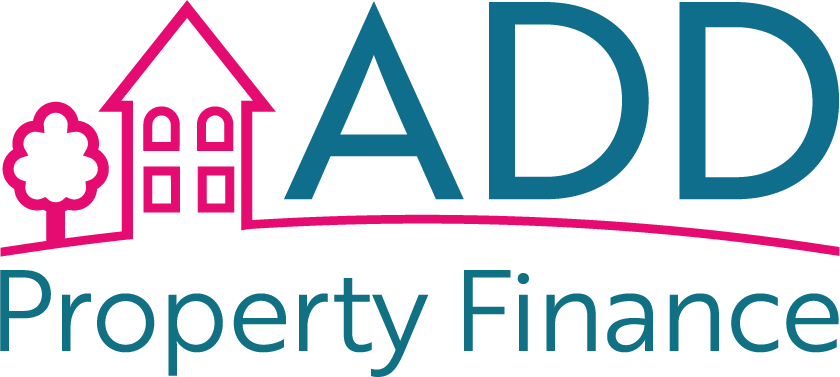In an era of increasing environmental consciousness, the real estate industry is undergoing a significant transformation towards sustainability. Property developers and investors are recognising the value of eco-friendly projects not only for the planet but also for their long-term financial success. In this article, we’ll explore how sustainable development and finance are intertwining and how you can navigate this eco-friendly trend.
The Rise of Sustainable Development
Sustainable development in real estate involves creating properties that have a minimal negative impact on the environment while prioritising energy efficiency, resource conservation, and occupant well-being. These projects align with the broader goals of reducing carbon emissions, conserving natural resources, and combating climate change.
Why Sustainable Development Matters
1. Environmental Responsibility
Sustainable development reflects a commitment to environmental responsibility. By reducing a property’s carbon footprint and resource consumption, developers contribute to a healthier planet.
2. Cost Savings
While sustainable features may require an initial investment, they often result in long-term cost savings. Energy-efficient buildings, for example, have lower utility bills, making them financially attractive.
3. Regulatory Compliance
Many regions have introduced regulations and incentives to encourage sustainable development. Complying with these regulations can open doors to financing opportunities and avoid penalties.
4. Market Demand
Sustainability is not just a buzzword; it’s a market demand. Eco-friendly properties often command higher resale and rental values, making them more profitable.
Navigating the Eco-Friendly Trend with Development Finance
Property developers and investors keen on sustainable development should consider these strategies:
1. Partner with Sustainable Lenders
Many financial institutions are prioritising sustainable projects. Seek out lenders who specialise in sustainable development finance, as they may offer favourable terms and lower interest rates.
2. Explore Green Finance Options
Green finance initiatives, including green bonds and sustainability-linked loans, can provide dedicated funding for eco-friendly projects. These financial instruments often come with incentives for achieving sustainability targets.
3. Calculate ROI and Sustainability Metrics
When presenting your project to potential financiers, highlight not only the financial returns but also the sustainability metrics. Calculate the estimated energy savings, reduced emissions, and other eco-friendly benefits to demonstrate the project’s long-term value.
4. Government Incentives
Research government incentives and subsidies available for sustainable development. Many governments offer grants, tax incentives, and financing programs to support green building initiatives.
5. Sustainable Certifications
Consider obtaining sustainable certifications like LEED (Leadership in Energy and Environmental Design) or BREEAM (Building Research Establishment Environmental Assessment Method). These certifications can increase the project’s appeal to lenders and investors.
6. Sustainable Design and Materials
Work with architects and contractors experienced in sustainable design and materials. This not only ensures compliance with eco-friendly standards but can also optimise construction costs.
7. Market Research
Understand the demand for sustainable properties in your target market. Conduct thorough market research to identify trends, preferences, and potential competitors in the sustainable real estate sector.
8. Long-Term Planning
Think beyond the immediate project. Consider how your eco-friendly property will perform over time and how its sustainability features will impact maintenance and operational costs.
Conclusion
Sustainable development and finance are no longer separate entities in the property industry. They are now interlinked, with sustainability offering financial advantages and responsible property development. Property developers and investors who embrace this eco-friendly trend not only contribute to a better future but also position themselves for long-term success in an increasingly environmentally conscious market. By aligning development finance with sustainability goals, you can create properties that benefit both your bottom line and the planet.







